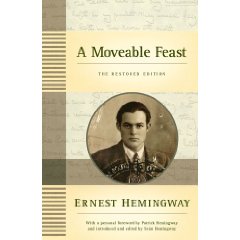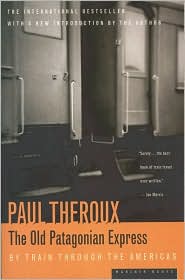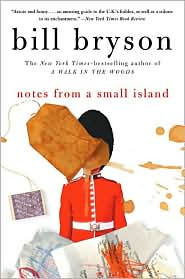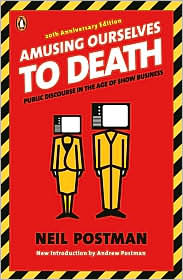
I remember being very jealous of Deborah when she picked up her copy of the revised edition of "A Moveable Feast", but it wasn't until I recently read "The Snows of Kilimanjaro" that I actually went out and bought it. I've become fascinated with Hemingway lately, and "A Moveable Feast" is, for me, the perfect way to explore that because not only does the author describe an important period in his life in his own words, but he does so from the perspective of a writer than a biographer. He trims the fat of the stories and changes what needs to be changed because, even though it's not exactly true, he hopes the changes will make it more true. It's written best in one of the Fragments found at the end of this edition, part of an introduction that never was: "This book is fiction. But there is always a chance that such a work of fiction may throw light on what has been written as fact."
The stories in the book chronicle Hemingway's early days of writing in Paris and traveling in Europe. While in Paris Hemingway is exposed the community of writers living there at the time, and in particular he writes about knowing F. Scott Fitzgerald, Gertrude Stein, Ford Maddox Ford, and some other who I did not recognize but enjoyed very much reading about. Upon reflection one can see the hint of a narrative from the beginning of the book to the end, but for the most part the stories stand alone and are as strong that way as they are considered as a whole.
It must be said that it felt strange reading the revised edition without having read the book as it was originally published. But then, even when it was originally published there had been choices and edits to be made, as it was unfinished at the time of Hemingway's death. Of both editions it is safe to say that there is an amount of uncertainty regarding what the finished product may have looked like. This edition claims, of course, to be more complete or true to character than the original, but this is opinion and not fact. Either way it is valuable to have these stories written by a man in his last days (Hemingway committed suicide in July 1961) looking back on his early days.
All of the hallmarks of Hemingway's style are present in the stories, but one aspect I kept coming back to was the beauty and poignancy of the last lines or paragraphs of the stories. Hemingway's descriptions of his day-to-day life and encounters were not spectacular or showy, but matter-of-fact and interesting. But those last lines made me pay special attention, as they usually pulled the concept together, making the story about more than what it was about.





